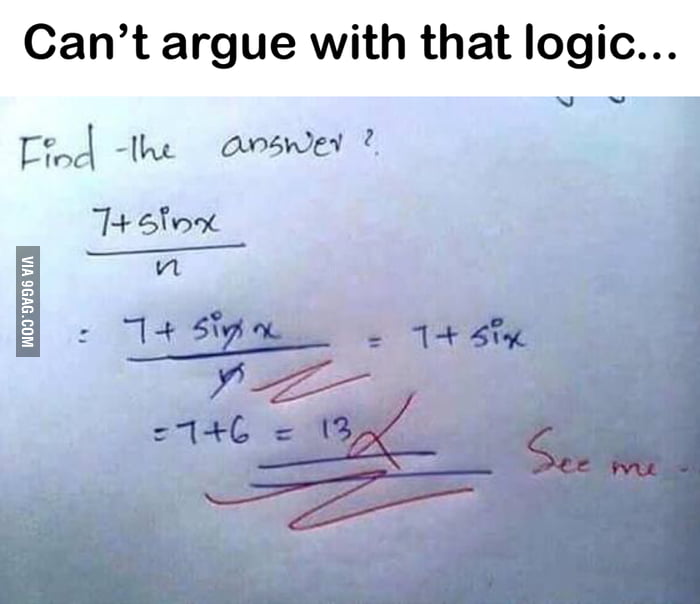Specifically, empiricism, as I understand it, is a philosophical school that believes that all knowledge derives from the senses. While at first glance, it seems reasonable (since it's hard to even imagine intelligent existence of any sort without any inputs whatsoever), it's still a derived result, so I don't think anyone on the basis of being Te could arrive at that conclusion without at least first thinking quite a bit about it.
I'm not familiar with the various arguments for/against empiricism, but presumably the relevant questions are 1) Is there some sense in which mathematical or logical true is separate from what is known via the sense? 2) Are the claims of a mystic that he/she was communicated to in a non-sensory possible? 3) Could there be some sort of "instinctual" tendency that may count as a form of knowledge and would be inborn?
Ironically, if on the basis of Te, one could know the answers to those questions, that would be an argument against empiricism. In other words, if empiricism is true, and if merely being born a Te type causes one to know that it's true, then empiricism is false. Conversely, if a Te type merely thinks that's true but doesn't know it, then empiricism is also false (if thinking that something is true and not knowing means that one doesn't know it because it isn't true). (I suppose one could squeak by that and say that a Te type may believe it to be true without proving it, and it could still be true because the Te person's Te-ness did not make one know it even though it made one believe it and it's true, though believing something to be true that really is true is awfully close to knowledge.)



 Reply With Quote
Reply With Quote
 ). However, the ESE builds knowledge by studying people, being an epistemological objectivist. "This signals implies this", "I can do that to effect the change I want". Ethics, being reasoned intuitively, can't really explain why it knows these things--it "just does"; while Sensation is pretty plainly obvious. You can't argue with an atom.
). However, the ESE builds knowledge by studying people, being an epistemological objectivist. "This signals implies this", "I can do that to effect the change I want". Ethics, being reasoned intuitively, can't really explain why it knows these things--it "just does"; while Sensation is pretty plainly obvious. You can't argue with an atom.
 now.
now.


 doms and go-with-the-flow epicurean
doms and go-with-the-flow epicurean 


